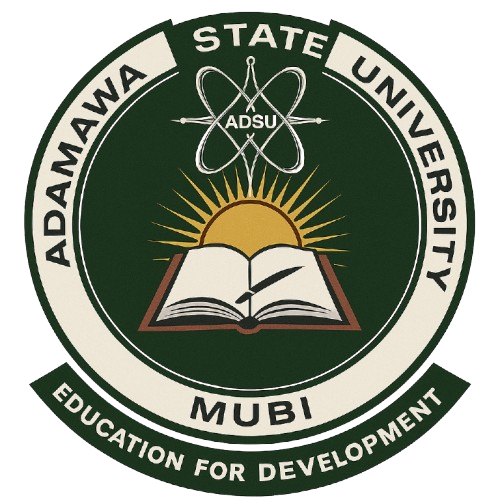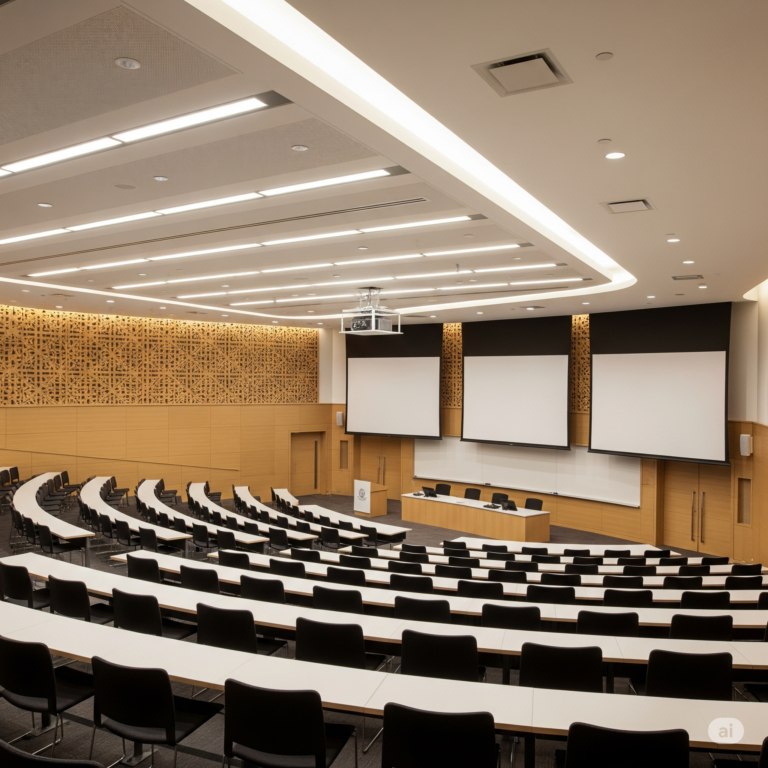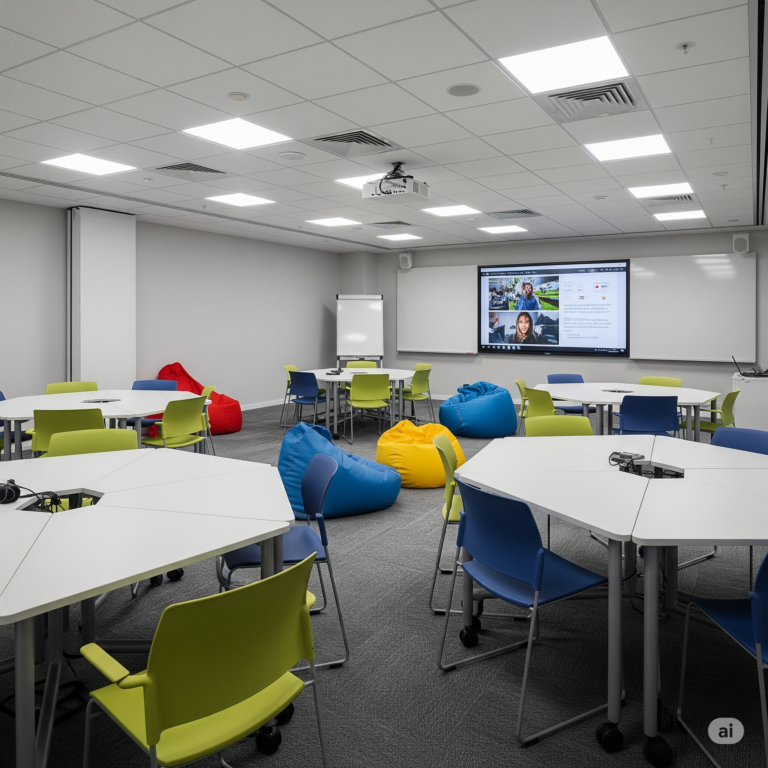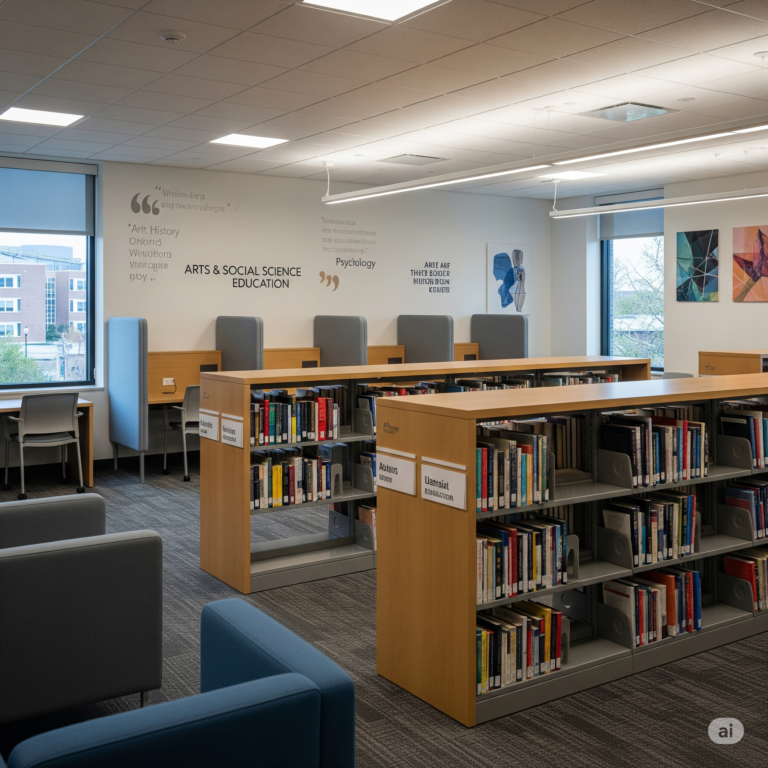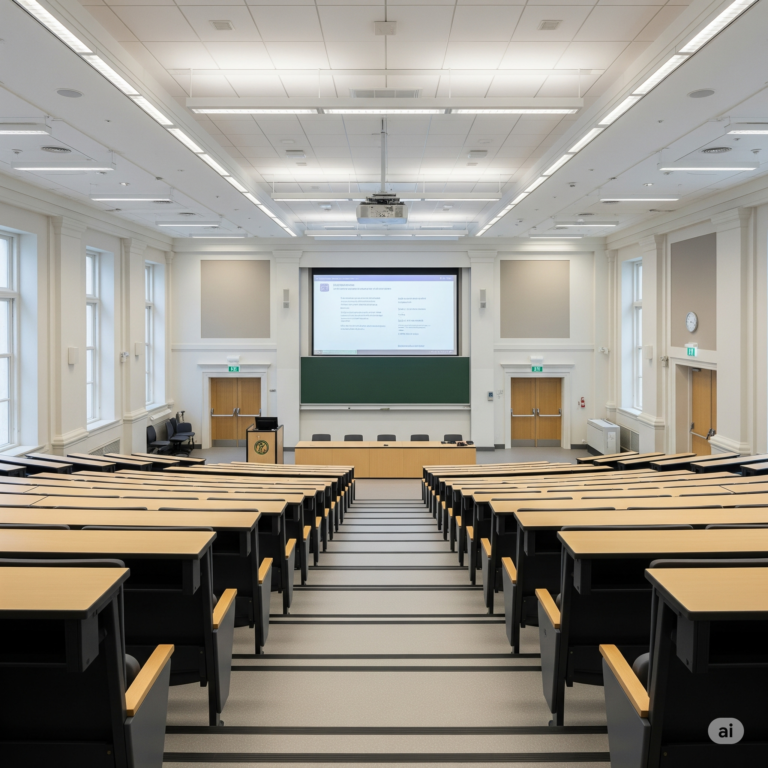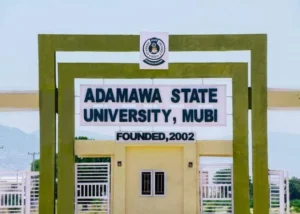Page Arts & Social Science Education
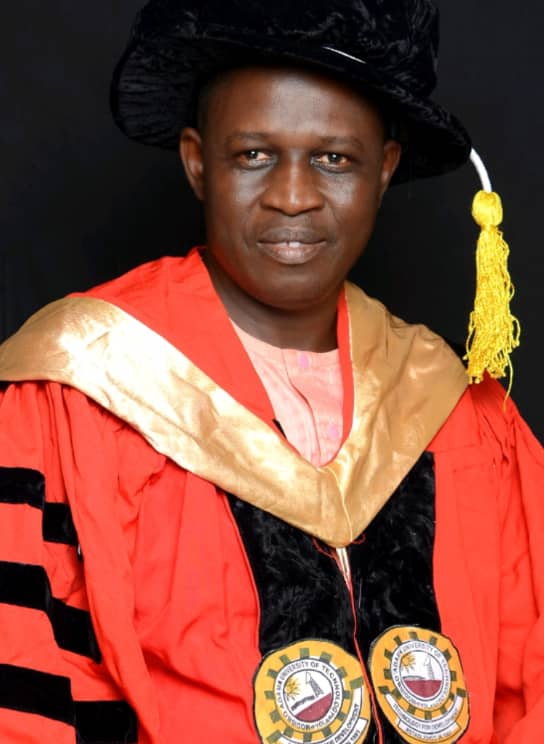
Welcome Message from the Head of Department
It is with great pleasure that we welcome you to the Department of Arts and Social Sciences Education, a vibrant academic unit within the Faculty of Education at Adamawa State University, Mubi. The department is committed to the preparation of highly skilled, competent, and reflective educators and researchers equipped to respond to the dynamic needs of society through quality teaching, research, and community engagement.
We proudly host the following undergraduate programmes: B.Sc. Ed. Economics, B.A. Ed. History, B.A. Ed. Christian Religious Studies, B.A. Ed. Islamic Religious Studies, and B.A. Ed. English Language. These programmes are designed to blend sound disciplinary knowledge with effective pedagogical skills, thereby producing graduates who are not only subject experts but also capable facilitators of learning at various educational levels.
Our dedicated team of academic and non-academic staff strive to create an intellectually stimulating and inclusive environment where students are encouraged to think critically, communicate effectively, and uphold the highest standards of academic and professional ethics.
As you begin or continue your academic journey with us, we invite you to explore the rich learning opportunities available, contribute meaningfully to academic discourse, and take full advantage of the resources provided to ensure personal and professional growth.
Welcome to a department where tradition meets innovation, and where educators are shaped to transform lives.
Dr. Kwaji Tizhe Takwate
Head of Department
Arts and Social Sciences Education
About the Department
Empowering Educators, Enriching Minds, Shaping Societies.
Brief Background of Arts and Social Sciences Education
Adamawa State University, Mubi, was established by His Excellency Boni Haruna, the Executive Governor of Adamawa State. The bill to this effect was passed into law by the Adamawa State House of Assembly on 21st January, 2002. The first Governing Council for the emerging institution was inaugurated on 12th February, 2002.
The overall vision of the University is to bring together diverse minds and nurture potential talents for the exploitation of the bountiful resources of Adamawa State in the drive to provide the impetus for transforming the state into a socio-economically dynamic and virile entity. The mission of the University is therefore to produce and generate highly skilled and nurtured citizenry capable of servicing career opportunities in the job market as well as creating their own opportunities of jobs for others.
The Department of Arts and Social Sciences Education is situated presently in the Faculty of Education. The Department host Economics Education Programme, English Language Education Programme and History Education. The Department of Arts and Social Sciences Education started with Economic Education with 48 students only in 2018/2019 academic session.
Our Philosophy
The philosophy and mission of the Department is to pursue with vigour, the fundamental principles of training conscientious teachers for the secondary levels of the Nigerian educational system. To make the Philosophy functional, the Department strives to bring about the acquisition, development and inculcation of proper value-orientation for the survival of the individuals and society using content and methods to be taught through evaluation of those methods and information of general interest to Social Sciences Education teachers in secondary school through graduate school.
Objectives
- To produce prospective teachers with proper leadership qualities in pursuance of the goal of Adamawa State University, Mubi.
- To produce teachers with the knowledge, skills and attitudes which will enable them to contribute to the growth and development of their communities in particular and their nation in general.
- To produce teachers who have sound mastery of their subject areas and the ability to impart such knowledge to their students.
- To equip teachers with a mastery of problem solving skills and to enhance the skills of teachers in the use of new technologies.
- To produce highly committed, motivated, conscientious and efficient classroom teachers for our educational system.
- To produce teachers with strong moral values, self-reliance and entrepreneurial capabilities for the social and economic benefit of themselves and the Nigerian society.
- To help teachers to fit into the social life of the community and society at large and enhance their commitment to national objectives.
Admission Requirements for Economics Education
Candidates seeking admission through the Unified Tertiary Matriculation Examination (UTME) into 100-level of the four-year programmes leading to the award of Bachelor of Science Education (B.Sc. Ed.), Bachelor of Arts Education (B.A. Ed.) should possess a minimum of the following:
JAMB/UTME
- Five credit passes in relevant subjects including Mathematics and English Language in the Senior Secondary Certificate Examination SSCE NECO/WAEC.
- Grade II Teachers Certificate (TCII) with credit or merit passes in at least five subjects including Mathematics and English Language.
- National Teaching Certificate (NTC), National Business Certificate (NBC) with credit passes in five subjects relevant to their chosen programme and including Mathematics and English Language; and obtained at not more than two sittings. For NTC/NBC, a credit in any General Education subjects, trade related subjects and trade component subjects is equivalent to a credit in a subject.
- In addition, the University requires that the candidate makes an acceptable pass in the Unified Tertiary Matriculation Examinations (UTME) conducted by the Joint Admission and Matriculation Board (JAMB). Furthermore, the University screens all candidates for admission into its degree programmes.
Direct Entry (DE)
- Candidates seeking Direct Entry admission to the 200-level should possess, in addition to the minimum of five credit passes at the GCE/SSC/NECO examinations, any of the following qualifications:
- The Advanced Level GCE passes in at least two relevant subjects
- Interim Joint Matriculation Board (IJMB) Examination in relevant subjects.
- Nigeria Certificate in Education (NCE) in relevant subjects.
- National Diploma (ND) Upper Credit or equivalent in the subject applied for or related field.
- Higher National Diploma (HND) Lower Credit in related field.
- First degree in a related area from a recognized university.
Inter University Transfer
- Minimum requirement for transfer into the department is CGPA of 1.00 for a four point grading system or 1.50 for a five point grading system from previous institutions. Candidates wishing to transfer from another university into the Department must obtain and fill the Inter-University Transfer form from the University’s Admissions Office. An application for admission to the University through inter-university transfer will be considered only if the Department is satisfied that the candidate has met the minimum academic requirements for admission to the programme applied for. All inter-university transfer candidates will normally be admitted into 100 or 200 level irrespective of their attainment in their former institution. Such students must take all 200 level courses of their programme,
Graduation Requirement
The B.Sc.Ed. (Economics) and B.A.Ed. English Language and History duration is a minimum of 4 years for those admitted by the SSCE qualification while the Direct Entry candidates take 3 years before graduation.
In addition to the general requirements for graduation at the University, a student of the Economics Education programme must offer and pass courses at a minimum of 120 credit hours in case of four year programme and 90 for those admitted through Direct Entry at the 200 level. The student must also complete and receive a pass grade in teaching practice, and a research project report on a topic approved by the Department. The requirements are summarized as follows:
- Minimum GST: Pass at least 10 Credit Units of the General Studies courses which must include GST 101 (Communication in English I), GST 102 (Use of Library, Study Skills and ICT) and GST 201 (Communication in English II);
- Minimum Number of Earned Credit Hours for Graduation: Meeting the Minimum Credit Requirement (MCR) for Graduation from the programme of not less than 120 for UTME admitted candidates but 90 for DE candidates provided that no Compulsory/Core course is failed;
- Compulsory/Core Courses: Pass all Compulsory/Core courses as such.
- Minimum Number of Years for Graduation: The duration of the B.Sc./Ed. degree programme is 4 years (8 semesters) in the case of UTME candidates but 3 years (6 semesters) for Direct Entry (DE) candidates who possess the required points for Direct Entry admission at the 200 Level. A DE candidate enters with ‘A’ level qualification or a diploma such as the ND or NCE.
- Minimum Residency Requirement in Years, if any: Nil.
- Minimum CGPA for Graduation: A Minimum CGPA of 1.50.
- Other Requirements: A student must attain not less than 75% attendance at lectures, perform practical, do teaching practice and undertake research and present the research project.
Minimum Unit Required for Graduation (UTME)
|
S/No. |
Level |
Sem. I |
Sem. II |
Total |
|
1. |
100 |
21 |
21/22 |
42/43 |
|
2. |
200 |
24 |
21 |
45 |
|
3. |
300 |
21 |
23 |
44 |
|
4. |
400 |
21 |
18 |
39 |
|
Total |
|
170/171 |
||
Minimum Unit Required for Graduation (DE)
|
S/No. |
Level |
Sem. I |
Sem. II |
Total |
|
1. |
200 |
24 |
21 |
45 |
|
2. |
300 |
21 |
23 |
44 |
|
3. |
400 |
21 |
18 |
39 |
|
Total |
|
128 |
||
REGISTRATION
Registration is fundamental to studentship. All new students on arrival at the University should proceed for registration to the following:
- The Departmental Registration Officer/ICT Directorate: For screening, clearance and collection of course registration forms;
- Academic Officer: For collection of registration forms and signing;
- Bursary: to pay all necessary fees;
- Student Affairs Officer: For hostel accommodation and issuance of ID card;
- Departmental/ Faculties: For other course registration;
- University Library: For registration;
- University Medical Centre: For registration and medical examination;
- Sports Directorate: For registration.
MATRICULATION OF NEW STUDENTS
Matriculation is an important stage of the institution’s recognition of one’s studentship. It is the first institution’s ceremony for all new students. Every new student must matriculate before he/she is recognized as having entered the academic community of the University. Students are expected to take the matriculation oath which sets the student’s commitment to abide by rules and regulations of the University. New students are required to be formally dressed (i.e. complete with academic gowns) during the matriculation ceremony. Matriculation marks the end of students’ registration. All affected students will be issued matriculation numbers with which they will obtain student’s identity card (ID) from the Security Department of the University.
ORIENTATION OF NEW STUDENTS
Orientation of new students of the University traditionally takes place in the first semester after registration. The orientation programme is organized by the Students Affairs Division of the University in collaboration with other Departments. The programme is specifically organized to enable new students settle down and adjust to the life in the University and the environment. The department also conduct orientation programme for students of the department after the conclusion of the one carried out by the university.
Students’ Adviser
Each student on matriculation is given an academic adviser by the Department. Academic adviser should be seen as acting on behalf of the Department. They are to help students solve their academic and social problems. Advisers are required to strictly keep in confidence issues personal to the students. The students should endeavor to freely contact their advisers in all matters private and academic. If the adviser fail to solve a student’s problem, he/she should feel free to reach out to the Head of Department.
Programmes Offered
Resources and Facilities
Career Prospects for Graduates
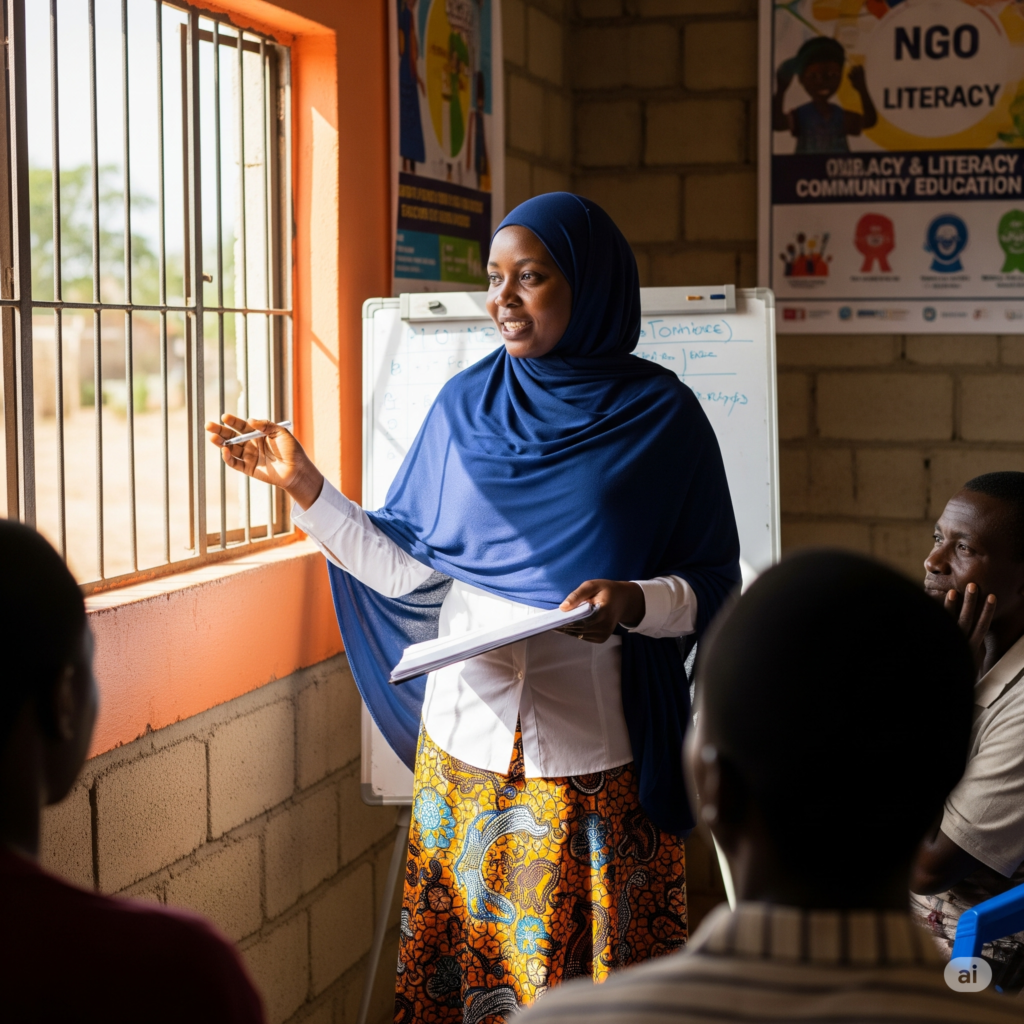
Classroom Teacher

Educational Policy Maker

Curriculum Developer

Community Education Officer

Guidance Counselor

Researcher in Education
Meet Our Departmental Staff
Ready to Inspire the Next Generation?
Join the Department of Arts & Social Science Education and begin your journey toward becoming a transformative educator, thought leader, and community builder. Whether your passion lies in history, government, literature, or civic engagement, we’ll equip you with the knowledge, skills, and field experience to thrive.
